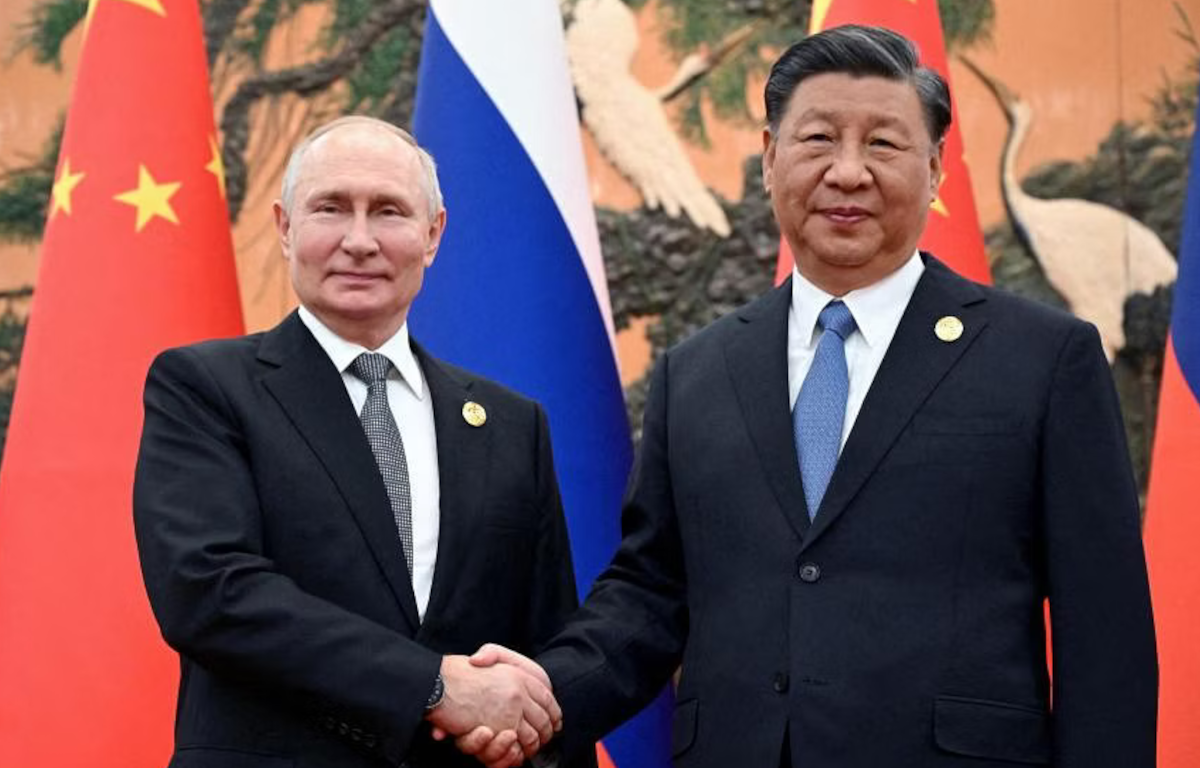
China’s rise as an economic and political powerhouse has been nothing short of extraordinary. It has become the world’s second-largest economy, lifted hundreds of millions of its citizens out of poverty, and expanded its influence internationally. Its Belt and Road Initiative (BRI) has created trade and infrastructure links across Asia, Africa, and Europe, cementing its position as a global player.
However, with great power comes great responsibility, and China faces several challenges on the road ahead. These include economic sustainability, demographic shifts, environmental concerns, and complex international relations. The world is watching closely as China navigates these challenges and balances its domestic and international priorities.
The concept of Peak China suggests that if China’s economic growth slows down or if it faces domestic or international crises, it could pose challenges for the nation and the world. These potential dangers include global economic impact, political unrest, international conflicts, and geopolitical realignment. The consequences of Peak China would extend far beyond its borders, influencing the dynamics of global politics, economics, and security.
To mitigate the potential dangers of Peak China, both China and the international community must work together. China should focus on economic reforms, sustainable growth, and diplomacy. On the global stage, diplomacy and cooperation are crucial, and the world should encourage China’s participation in global governance and work to find common ground on issues such as climate change and international security.










Share this: